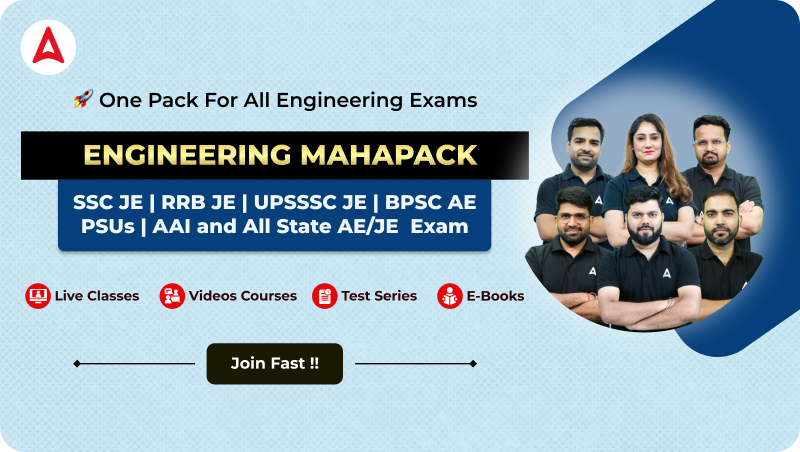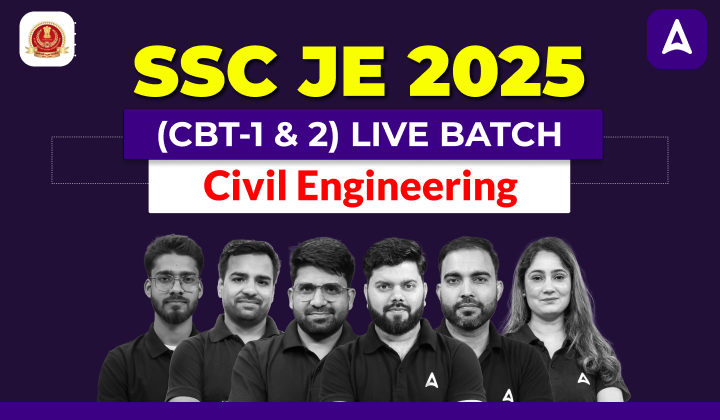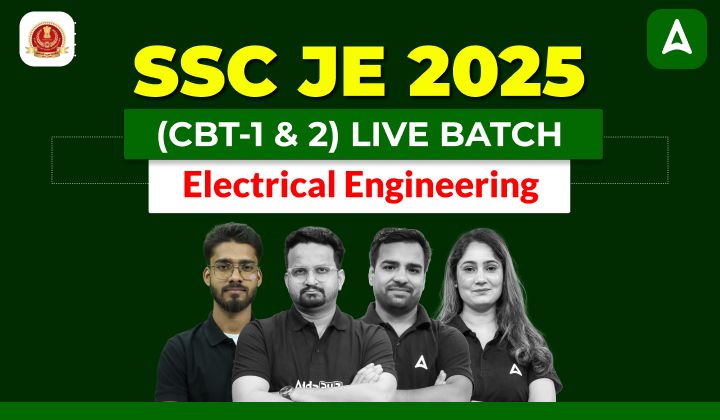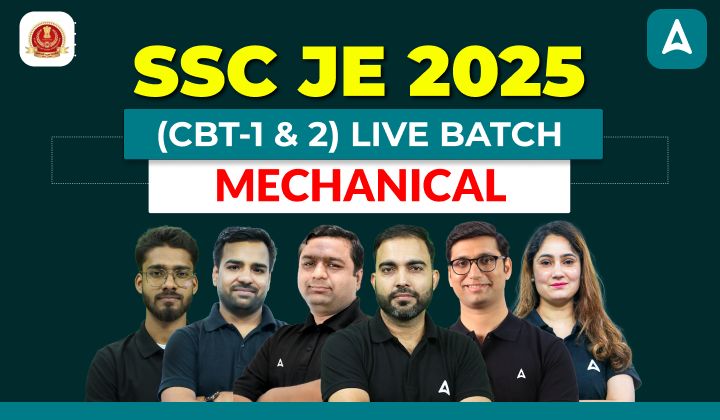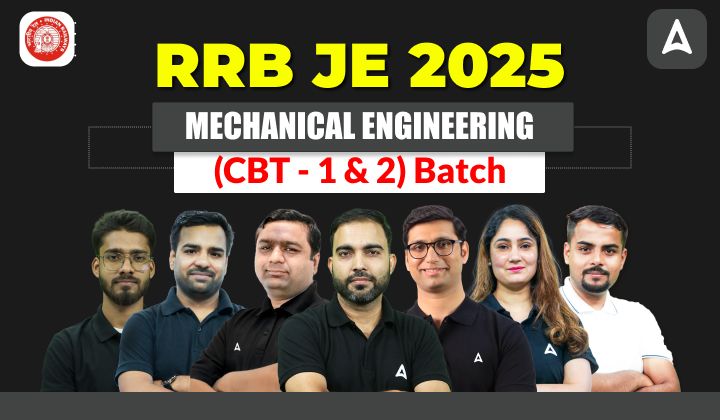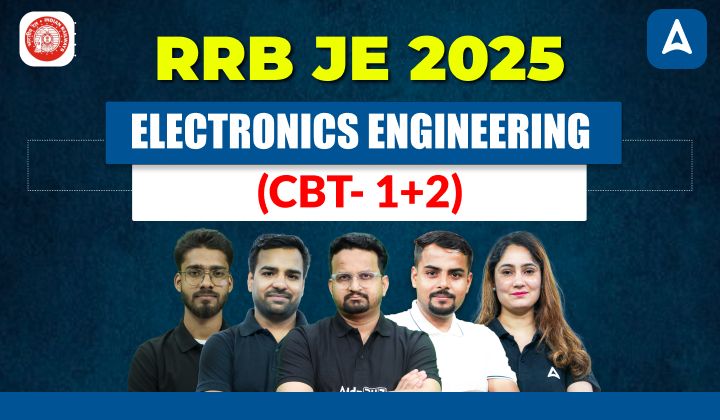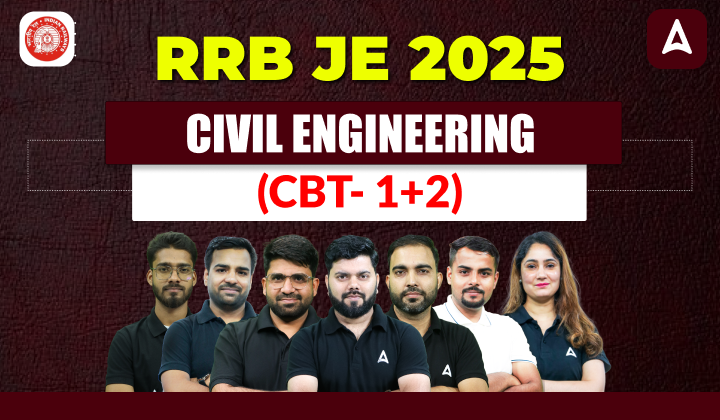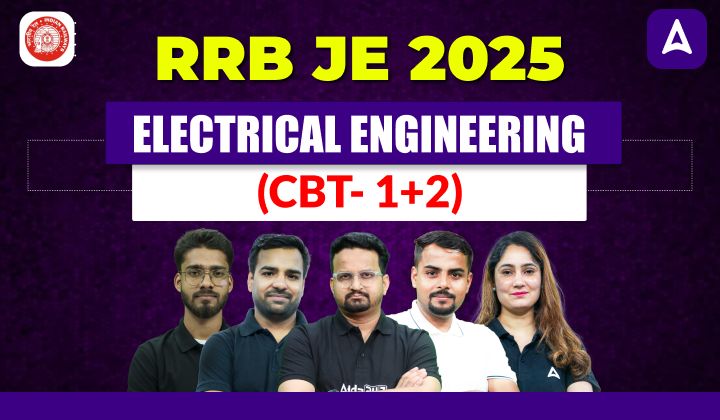Table of Contents
The Intelligence Bureau of India has announced fresh vacancies for the post of Junior Intelligence Officer on its official website at www.mha.gov.in. If you wish to apply, you must first know the IB Junior Intelligence Officer Syllabus 2025. This article explains the complete syllabus and exam pattern for the upcoming exam. Make sure to read it thoroughly to get all the key details, and remember to bookmark this page for regular updates on engineering job opportunities.
IB Junior Intelligence Officer Syllabus 2025
The Intelligence Bureau of India is one of the country’s key organizations in the secret intelligence field and regularly recruits candidates for the Junior Intelligence Officer position. Recently, it announced 394 vacancies through an official notification on its website. To help aspirants prepare effectively, we have shared a simple and clear guide to the IB Junior Intelligence Officer Syllabus 2025 along with the Exam Pattern. If you aim to perform well in the IB Junior Intelligence Officer Recruitment 2025, it is important to study the full syllabus thoroughly. This article provides a detailed subject-wise explanation of the syllabus to make your preparation easier and more focused.
IB Syllabus 2025- Overview
The Intelligence Bureau of India is organizing a recruitment drive to fill 394 vacancies. Candidates can check a detailed overview of the Intelligence Bureau of India Junior Intelligence Officer Syllabus 2025 tabulated below:
| IB Junior Intelligence Officer Syllabus 2025 | |
| Organization | Ministry of Home Affairs, Govt. of India |
| Post Name | Junior Intelligence Officer |
| Vacancies | 394 |
| IB Junior Intelligence Officer Syllabus | Available Here |
| Selection Process | Written Exam, Document Verification, and Medical Exam |
| Official Website | www.mha.gov.in. |
IB Junior Intelligence Officer Exam Pattern 2025
The candidates aiming to crack the IB Junior Intelligence Officer Exam must be well-versed with the exam pattern to get familiar with the scheme of the question paper. The IB Junior Intelligence Officer Exam Pattern 2025 is given below as prescribed under the official notification PDF. Candidates must refer below to understand the IB Junior Intelligence Officer Exam Pattern:
- The questions will be in English.
- The question paper will comprise questions in multiple-choice questions (MCQ).
- The CBT Exam has a maximum of 100 marks
- There will be 75 questions on technical discipline and 25 questions on General Mental Ability.
- There will be a negative marking of 1/4 mark for every wrong answer.
The crux of the IB Junior Intelligence Officer Exam Pattern 2025 is tabulated below:
| IB Junior Intelligence Officer Exam Pattern 2025 |
|||
| Section | Questions | Marks | Duration |
| General Mental Ability | 25 | 25 | 2 Hours |
| Technical Section | 75 | 75 | |
| Total | 100 Questions | 100 Marks | |
IB Junior Intelligence Officer Syllabus 2025
The IB Junior Intelligence Officer Exam is held to recruit skilled candidates for the post of Junior Intelligence Officer. This exam includes multiple-choice questions from technical subjects. In this article, you will find the complete subject-wise syllabus for the IB Junior Intelligence Officer Exam 2025. We have provided detailed information on all the topics covered in the exam. Candidates are advised to go through the full syllabus carefully to prepare better. For a clear understanding of the syllabus for different branches, read this article thoroughly. You can also bookmark this page to stay updated about future IB Junior Intelligence Officer recruitment notifications.
| IB Junior Intelligence Officer Detailed Syllabus | |
| Section | Syllabus |
| Reasoning Ability |
|
| Quantitative Aptitude |
|
| Physics |
|
| Mathematics |
|
| Digital Electronics |
|
| Electrical Engineering |
|
| Computer Science |
|
Tips for IB Junior Intelligence Officer Exam 2025
The Intelligence Bureau of India will be conducting the IB Junior Intelligence Officer Exam 2025 at the various exam centers all over india. As the exam date approaches, candidates are encouraged to make the most of these final days with strategic preparation. The tips provided below are designed to help candidates optimize their study efforts, improve time management, and enhance exam readiness, ensuring they perform at their best on the day of the exam.
1. Review Key Topics
Focus on the most important topics and concepts that are likely to appear on the exam. Go through your study materials, notes, and any previous question papers to identify recurring themes and areas of high weightage.
2. Time Management
Create a study schedule for the remaining days and allocate specific time slots to each subject. Prioritize areas where you’re weakest, but don’t neglect your strengths. Stick to the schedule to avoid last-minute cramming.
3. Take Practice Tests
Take mock exams or practice tests under real exam conditions to familiarize yourself with the format and improve your time management. Review your mistakes and focus on improving weak areas.
4. Stay Calm and Positive
Stressing out before the exam can negatively impact your performance. Maintain a calm mindset by practicing relaxation techniques like deep breathing. Stay confident and trust the preparation you’ve done so far.
5. Revise Formulae and Shortcuts
For quantitative or technical subjects, focus on important formulas, equations, and problem-solving shortcuts. Quick recall of these can save valuable time during the exam.

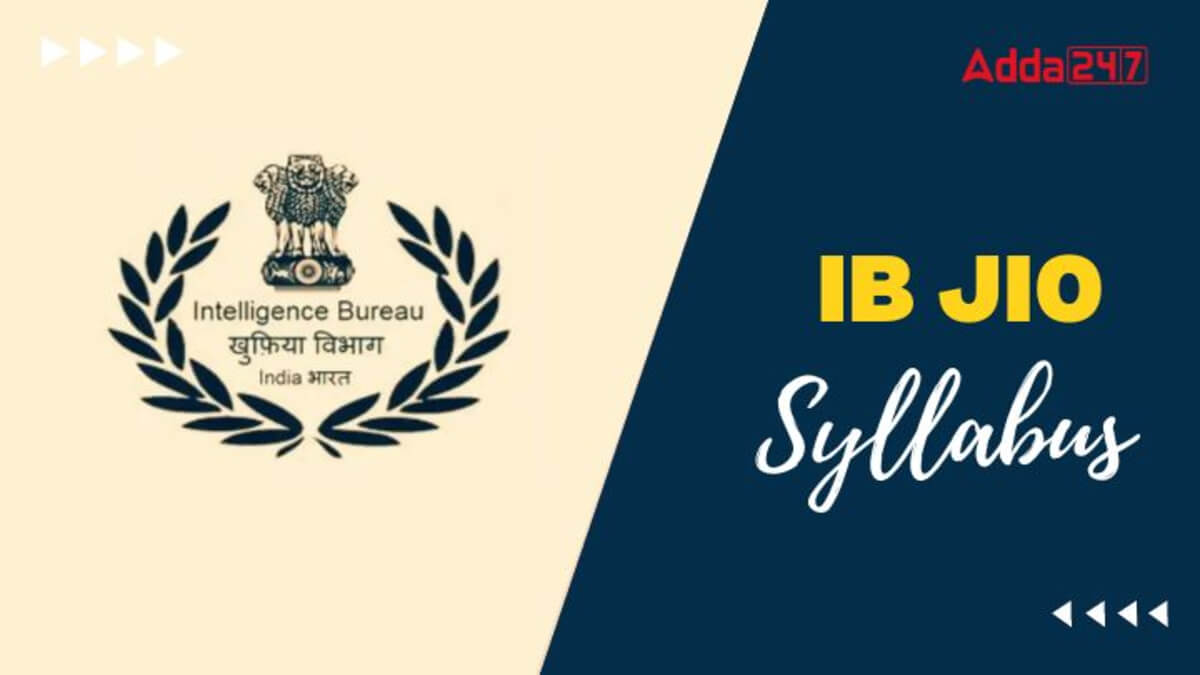
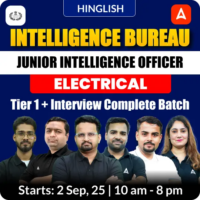
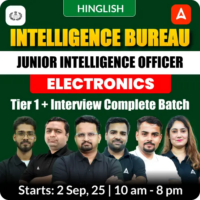


 NHPC JE Syllabus 2025 & Exam Pattern...
NHPC JE Syllabus 2025 & Exam Pattern...
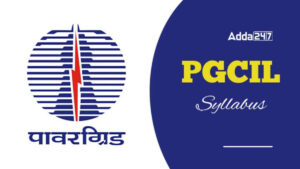 PGCIL Field Supervisor Syllabus and Exam...
PGCIL Field Supervisor Syllabus and Exam...
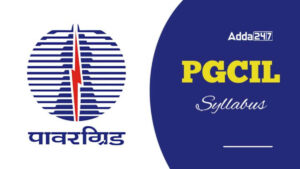 PGCIL Field Engineer Syllabus 2025, Exam...
PGCIL Field Engineer Syllabus 2025, Exam...
